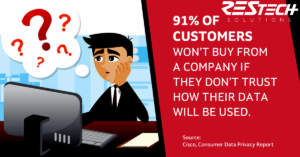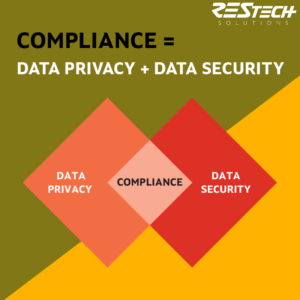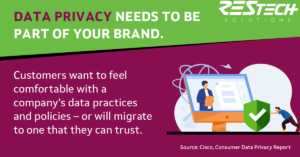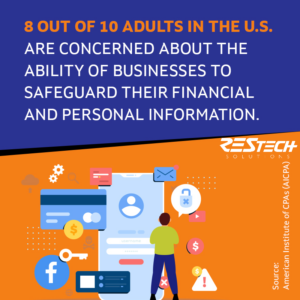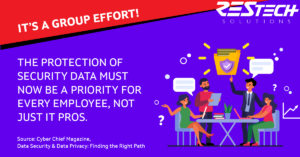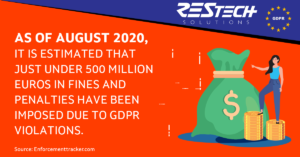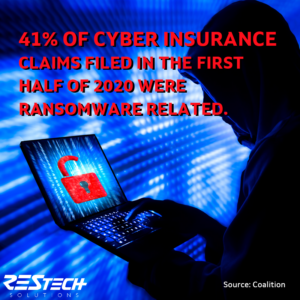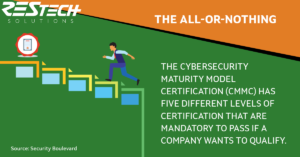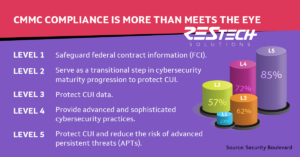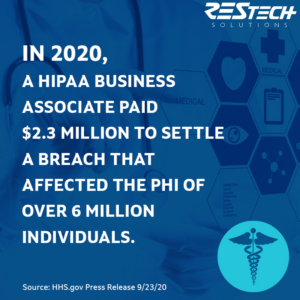CaaS (Compliance as a Service)
November 2020 - Compliance
Tips/Info
If your data privacy policies aren’t clearly delineated, customers may not be inclined to do business with your company. Informing customers of any changes regarding how you handle their data – whether on your website, via email, or phone application – is just one of the many ways you can demonstrate authority and trustworthiness.
Customers are skeptical of where their personal data goes – and for a good reason. According to the Netwrix 2020 Data Risk & Security Report, 20% of organizations that experienced a data breach due to data misuse were from the financial industry. Is your company a part of this unfortunate statistic?
Maintaining proper data security, privacy, and compliance requires the cooperation of everyone on your team, regardless of whether you run a small or medium-sized business or a company of 500+ employees. Although your employees are your greatest asset, they can also be your weakest link. With proper training and procedures in place, the road to data security can be a manageable feat that adds value to your company.
Ask yourself these two questions:
- How much data is your business collecting?
- Do you need all this data?
According to the Netwrix 2020 Data Risk & Security Report, 61% of organizations that are subject to the GDPR collect more customer data than the law permits. By failing to comply with GDPR regulations, your company may fall victim to hefty fines and a tarnished reputation.
When ransomware hits the healthcare industry, stolen data and downtime could potentially lead to life-or-death situations. On Sept. 28, 2020, Universal Health Services experienced one of the largest medical cyberattacks in U.S. history, disrupting access to data and slowing down necessary services. According to cybersecurity expert Kenneth White, “When these systems go down, there is the very real possibility that people can die.” (NBC Report 9/28/20)
If your company depends on contracts with the federal government, maintaining the Cybersecurity Maturity Model Certification (CMMC) will be necessary to continue doing any business in the future. Each level exists as a prerequisite for the following level, ensuring that all companies that move through the program are thoroughly prepared for the next stage.
According to Security Boulevard, Cybersecurity Maturity Model Certification (CMMC) is a multi-level process that takes time and dedication. Expected to roll out before the end of 2020, companies will need to comply with the CMMC when entering into new contracts or old ones that expire before 2026. Taking the right course of action now will allow your company to stay abreast of the changes and continue any contracts without skipping a beat.
When it comes to healthcare compliance, $2.3 million is a small price to pay considering the 6 million people that were unwillingly involved. In fact, 55% of healthcare organizations don’t regularly review access rights to sensitive data while 70% fail to do so for archived data. Both practices violate § 164.308 of HIPAA (Netwrix 2020 Data Risk & Security Report).

